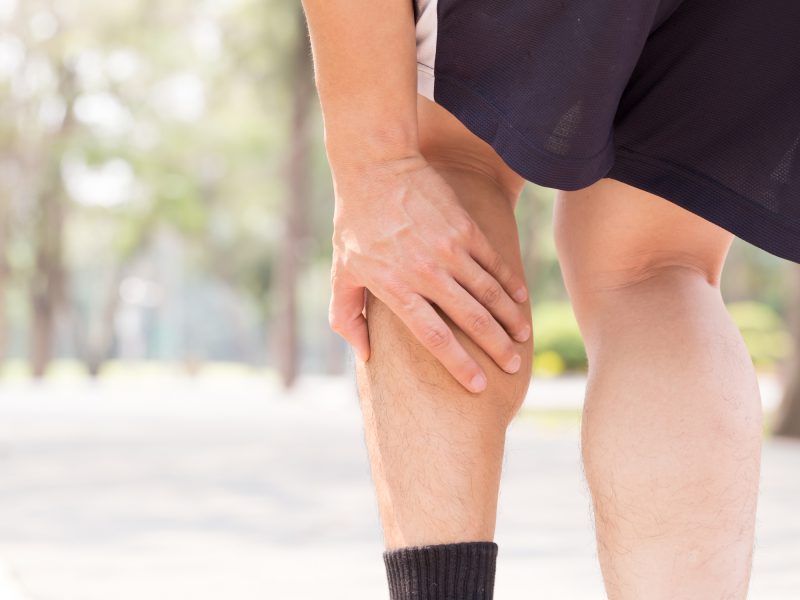What Are The Common Causes Of Muscle Cramps
Leg cramps can be a serious concern for many people, causing discomfort, pain, and even disruptions to daily lifestyle. Many people experience leg cramps for a variety of reasons, and understanding the potential causes behind these occurrences can be helpful in addressing the root of the issue. Here, we'll explore some common causes of leg cramps and what they might say about an individual's overall health.
Electrolyte Imbalances

One possible cause of leg cramps is an electrolyte imbalance. Electrolytes are minerals found in the body that are essential for regulating important systems like nerve and muscle function. When an individual's electrolyte levels become imbalanced, muscle and nerve function can become compromised, leading to cramping, spasms, and other unpleasant symptoms.
Some common causes of electrolyte imbalances include dehydration, excessive sweating, and certain medications or medical conditions. Additionally, individuals who engage in strenuous exercise or physical activity may be more prone to developing electrolyte imbalances.
If you experience frequent leg cramps, it may be worthwhile to speak with a healthcare professional and explore the possibility of an underlying electrolyte imbalance. Additionally, incorporating electrolyte-rich foods into your diet and staying well-hydrated can be helpful in preventing cramps and keeping your body functioning optimally.
Mineral Deficiencies

In addition to electrolyte imbalances, mineral deficiencies can also play a role in the development of leg cramps. Specifically, deficiencies in calcium, magnesium, and potassium have been linked to increased instances of cramping and muscle spasms.
To address this issue, individuals may consider incorporating more mineral-rich foods into their diet or taking supplements as recommended by a healthcare professional. Additionally, reducing consumption of certain substances like alcohol and caffeine can be helpful in improving mineral absorption and preventing depletions in the body.
Other Possible Causes
While electrolyte imbalances and mineral deficiencies are two common causes of leg cramps, there are a variety of other factors that can contribute to this issue as well. Some potential causes of leg cramps include:
- Poor circulation
- Neurological conditions or nerve damage
- Medications that can cause muscle contractions
- Pregnancy
- Inactivity or sitting for long periods of time
If you experience frequent or severe leg cramps, it may be worthwhile to speak with a healthcare professional to determine the underlying cause of your symptoms and develop an appropriate treatment plan.
Final Thoughts
Leg cramps can be a frustrating and uncomfortable experience for many individuals, but understanding the potential causes behind these occurrences can be helpful in addressing the issue and finding relief. Whether you're experiencing cramps due to electrolyte imbalances, mineral deficiencies, or other factors, there are steps you can take to improve your overall health and reduce the frequency and severity of leg cramps.
As always, it's important to speak with a healthcare professional before making any significant changes to your diet or exercise routine. By working with your doctor or other qualified medical provider, you can develop a personalized plan of action to help you feel your best and support your overall health and wellness.